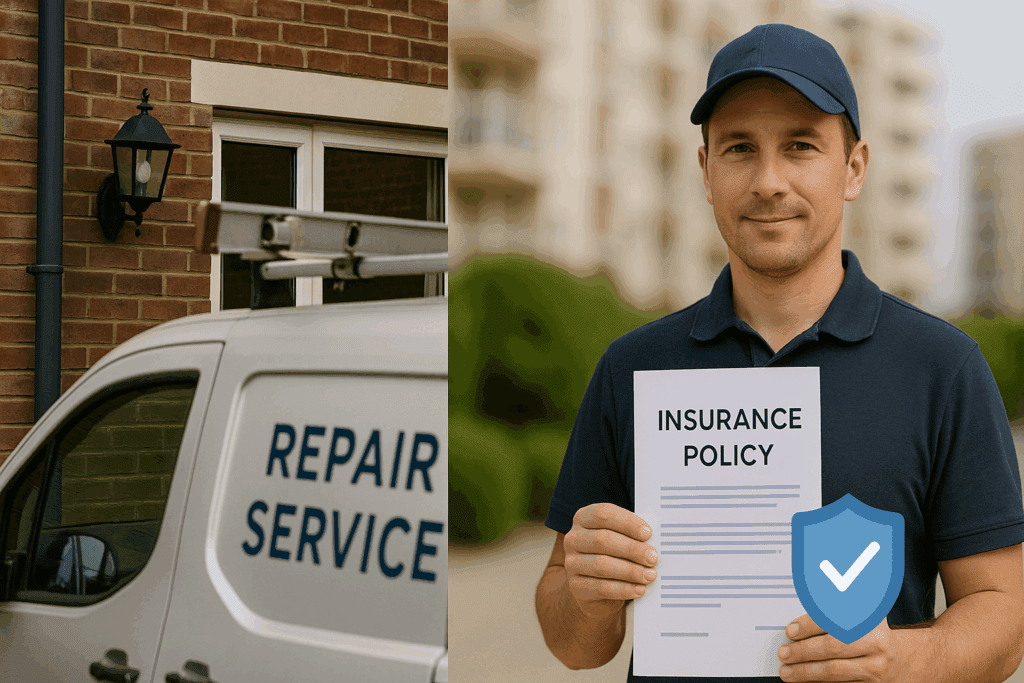
In property management, vendors play a crucial role in maintaining the safety, appearance, and functionality of a property. Whether it’s plumbing, electrical work, landscaping, or general repairs, hiring skilled vendors is essential. But before any work begins, one important box must be checked: the vendor must have proper insurance coverage.
Requiring insurance is not just a matter of policy; it’s a fundamental aspect of risk management and responsible property oversight. Here is why this requirement is so important:
1. Protection Against Liability
Maintenance work can sometimes lead to accidents, whether it’s damage to the property or injuries to people. If a vendor lacks insurance and something goes wrong, the property owner or manager could be held liable for medical bills, repairs, or legal claims. With vendor insurance in place, any liability arising from the vendor’s actions is handled by their coverage, not yours.
2. Safeguarding Your Property and Business
An insured vendor provides a financial safety net. For example, if a contractor accidentally floods a unit or damages electrical wiring, their insurance will cover the cost of the damage.
Without it, you may face costly repairs that affect your operating budget or require time-consuming claims against your policy.
3. Demonstrating Professionalism and Credibility
Reputable vendors understand the importance of carrying insurance. It shows they take their business seriously, operate professionally, and are prepared to take responsibility for their work.
As a property manager, partnering with insured vendors signals to your tenants and stakeholders that you prioritize quality and accountability.
4. Reducing Risk to Your Insurance Policy
Hiring uninsured vendors can put your insurance coverage at risk. If an incident occurs and the vendor is not insured, you may be forced to file a claim on your policy, leading to higher premiums or even possible denial of future coverage. Ensuring vendors are properly insured helps protect your claims history and maintain favorable insurance rates.
5. Legal and Contractual Compliance
In many jurisdictions and industries, having vendor insurance is not just a recommendation; it’s a requirement. Property managers often include insurance verification as part of their vendor agreements. This ensures compliance with local laws, reduces liability exposure, and provides a legal framework to support any claims if needed.
6. Peace of Mind for Everyone Involved
When maintenance vendors are properly insured, it creates a sense of security for everyone involved: property managers, building owners, tenants, and even the vendors themselves.
There’s confidence knowing that, should something go wrong, the financial and legal consequences are covered.
Conclusion:
Vendor insurance is more than just a document; a safeguard that protects your property, your business, and your tenants. Before hiring any maintenance vendor, always verify that they carry valid and sufficient insurance coverage. It’s a proactive step that promotes professionalism, reduces risk, and ensures that both routine and emergency work can be handled with confidence.
